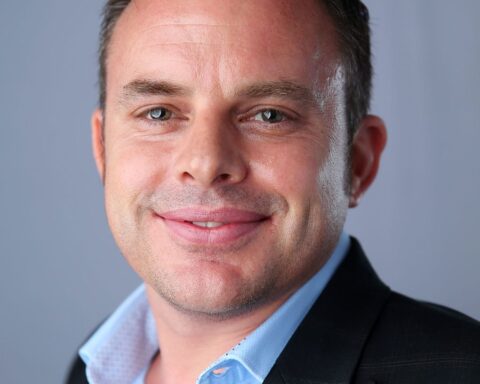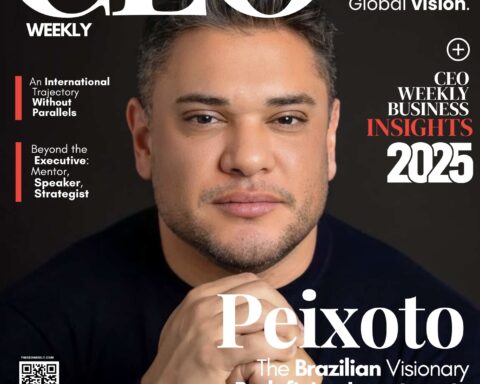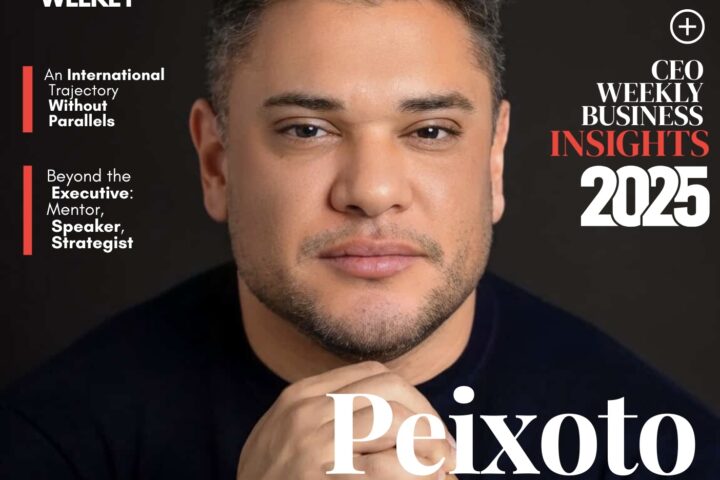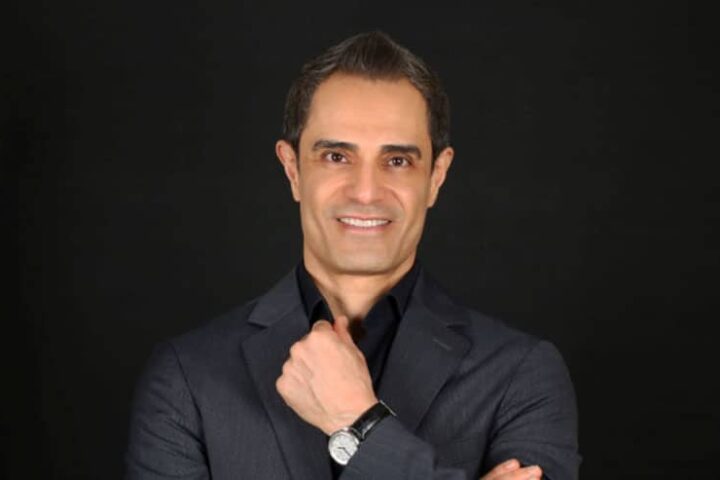Justin Kramm and the Art of Creative Chaos
Turning Chaos into Creativity: How Justin Kramm Redefines Leadership and Innovation in Advertising

by Alex Frost
·
769 views
Embracing Imperfection, Humor, and Risk to Redefine Modern Advertising
Justin Kramm has always been drawn to the messy side of creativity. As a child, he discovered that humor could defuse tension faster than any argument. As an adult, that instinct guided him through a career spanning global ad agencies, scrappy in-house teams, and hundreds of freelance projects. Now, at 46, Kramm has become a leading voice in creative leadership—one that values honesty over polish, rapid pivots over endless revisions, and the courage to laugh when things go wrong.
A Career Forged in the Trenches
Kramm’s résumé is filled with projects that many copywriters dream about. He contributed to the first Motorola phone preloaded with iTunes, a precursor to the iPhone, and worked on major nonprofit campaigns, including the Ad Council’s anti-meth initiative. One of his most notable projects, Save Our Snowman, a satirical short film about climate change, was shared by the United Nations and nominated for a Webby Award.
“That project proved that embedding a serious message in comedy makes people listen,” Kramm says. “Climate campaigns usually preach. We made people laugh, and they still got the point.”
Lessons in Failure
Kramm is candid about campaigns that didn’t succeed. He recalls Liquid Death’s “Waterboy” draft campaign, overshadowed by Tom Brady’s NFL comeback, and the Motorola ROKR phone, which failed spectacularly but paved the way for Apple’s breakthrough.
“Failure isn’t the enemy; it’s data,” he explains. “Brands that admit mistakes and keep going are the ones people trust.”
This philosophy has made him a sought-after mentor for younger creatives who fear failure. Kramm encourages them to take risks, citing examples from Garth Brooks’ experimental albums to Jeff Bezos congratulating the Fire Phone team despite its flop. “The misses are what keep the hits coming,” he says.
A Global Creative Mindset
Kramm’s approach to team building is unconventional but deliberate. He values speed, openness, and diverse perspectives. He has hired a freestyle rapper for rhythm-based creativity, a 12-year-old “Chief Kid Officer” to understand children’s preferences, and freelancers from Croatia, Ethiopia, and New Zealand working at unconventional hours.
“If a great idea comes in, I act immediately,” Kramm says. “It doesn’t matter if it’s from a seasoned art director or a teenager online. Creativity can come from anywhere.”
Building Shitshow Creative
In 2023, Kramm launched Shitshow Creative, a purpose-driven agency that began as a parody post and evolved into a real platform for his philosophy. Serving brands across consumer goods, technology, sports, and nonprofits, Shitshow emphasizes perspective over polish.
“Chaos isn’t something to fear,” Kramm explains. “With the right leadership, it becomes fuel. Clients come to us for reassurance that mistakes are survivable and humor can transform crises into connection.”
Late Bloomer, Lasting Impact
Starting an agency at 46 wasn’t part of Kramm’s plan, but it aligns with his message that midlife creativity is undervalued. “We glorify youth, but wisdom comes with age,” he says. “Starting later sometimes means you’re finally ready.” He points to examples like Grandma Moses, who began painting in her seventies, and Frank Lloyd Wright, who sketched the Guggenheim spiral at eighty.
A Thought Leader for the Next Era
Kramm’s career challenges the myth of perfection. He believes the future of creativity belongs to leaders and brands willing to embrace imperfection, humor, and authenticity. His success with Shitshow Creative proves that audiences crave honesty over polish.
“Brands are terrified of being ignored,” he says. “But standing out isn’t about perfection—it’s about showing character. That’s what people remember.”
For Justin Kramm, chaos isn’t a weakness—it’s the foundation of everything meaningful in creative work. Through decades of campaigns, failures, reinventions, and a single viral joke that became a company, he has demonstrated that humor, authenticity, and risk are the true drivers of innovation.


















